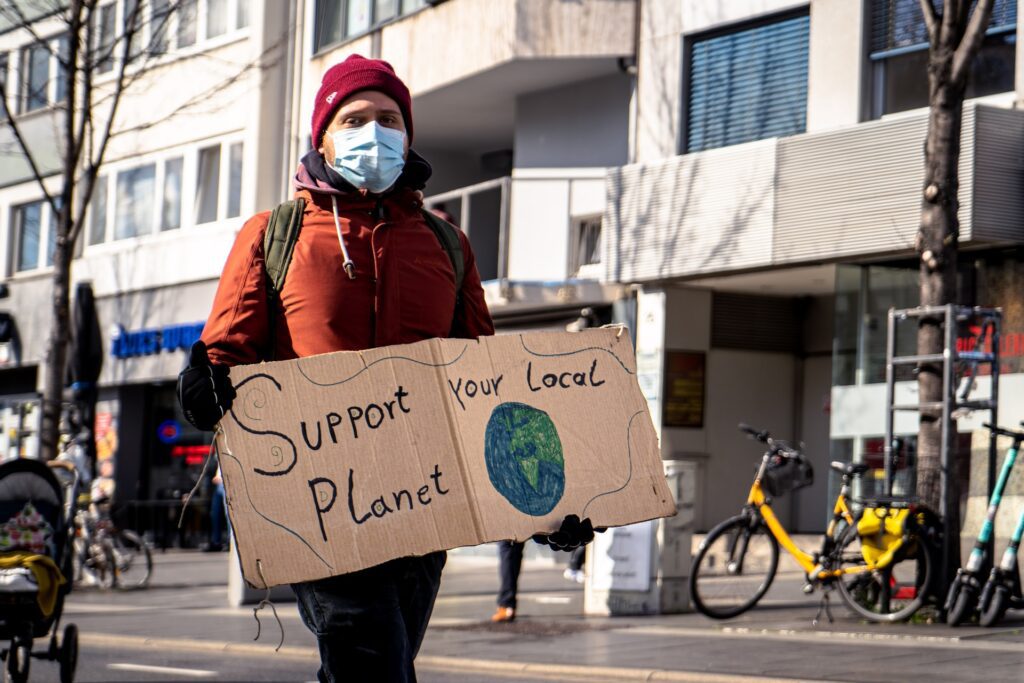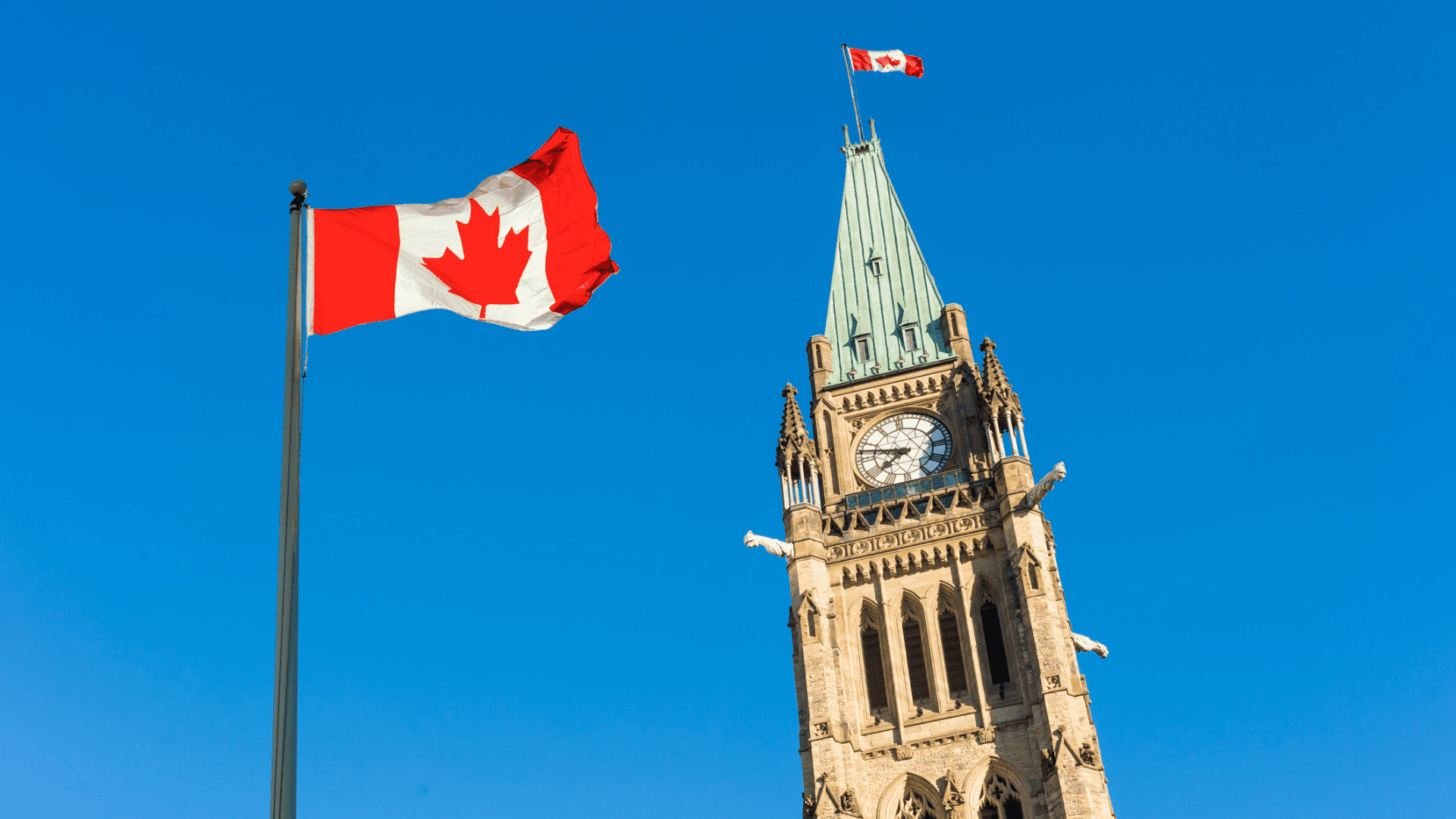The Key Climate Actors Who Won’t Be At COP26

Posted on: Monday Nov 1st 2021
Article by: Sarah Roberton
November 2021 – 20,000 government leaders and their negotiators – as well as climate scientists, business leaders, and citizens – will convene at COP26 to try to hash out plans to avert the most severe effects of a climate crisis that’s already causing worldwide devastation.
The gathering will focus on driving action to achieve emissions-reduction targets to keep global warming to 1.5 degrees Celsius. Most agree that the climate crisis is here and decisive action is critical. And more than ever, leaders see that the move to a decarbonized economy will create not just disruptions (like the current energy trouble in Europe) but also a wealth of opportunities for businesses and jurisdictions at the forefront of the change.
Leaders see big change ahead. Ordinary people aren’t so sure
While momentum on climate action builds among government and business leaders, the public remains skeptical that meaningful change is coming. Four in five Canadians don’t believe their country is on track to achieve net-zero greenhouse gas emissions by 2050. According to experts, the public are not wrong – we need to move faster to reach our targets.
If the mismatch between leaders and ordinary people persists, that could in itself create risks: the public’s skepticism that change is coming could turn out to be a self-fulfilling prophecy. “If climate change cannot be stopped, why should I have to change my way of life or my job or disrupt my business?” some might say.
Those who are highly informed about climate efforts may see reasons for hope: new technology, policy levers or the apparent sea change in global investing priorities. But the general public are unfamiliar with many of these developments – and their promise can be difficult to communicate.

For leaders, climate action is essential – and smart communication is a vital next step
Leaders who are serious about getting to net zero should also be serious about bringing the public along by delivering messages that are accurate, digestible and connected to what people see in the world around them. The understanding and support of ordinary people is important not only to gaining approval for government policies, but to getting buy-in on technological solutions and business adaptations.
Effective communication strategies are also important. What do we know so far about how Canadians get their climate information? Most Canadians (53%) say their attention was first drawn to climate change by media coverage – but the media are not the source Canadians trust most on this topic. Scientists are the most trusted source of information on climate, enjoying strong or moderate trust with about three-quarters of the public (74%) – well ahead of journalists (32%), business (19%) or politicians (11%).
Although Canadians trust scientists, few have access to a climate scientist who also happens to be a great communicator. And for many Canadians, finding such people online is a big ask. Intermediaries – whether mass media outlets or social media networks – will inevitably play a role in disseminating scientific information to the public. As climate change affects more and more aspects of our lives, helping people make sense of the issues in ways that support action – rather than simply overwhelming them – will be a challenge.
Recognizing that trust, understanding and framing are all important to shaping public attitudes – and public will – on climate, organizations like the Canadian Institute for Climate Choices focus their efforts on communicating about current challenges and possible solutions in ways that the public can understand and act on.
Beyond COP26
Only a tiny proportion of humanity will attend COP26 – but what happens there could have profound implications for all of us, wherever we live. Regardless of what attendees agree together in November, the follow-through will be what matters, and part of that follow-through must be communicating the coming changes to publics around the world. Of course, messages must be tailored to the needs, priorities and values of different stakeholders.
Environics has released a report on the Canadian public’s orientation to climate action in relation to the expert discussions being held at COP26, including international comparisons provided by our colleagues across the IRIS network. These findings will be an invaluable tool for governments, institutions, businesses and others as they emerge from COP26. No matter how insightful, powerful or well-resourced the decision makers in Glasgow are, they can’t face the climate crisis alone. We don’t know exactly what leaders will commit to at COP26 or how they’ll seek to achieve their targets, but it’s clear who needs to get on board with any solution. It will take all of us.
Tags:
More Articles

Industry Trends
Mindful Drinking: How Moderation Trends are Shaping the Alcohol Industry
04/07/25
Environics Research

Industry Trends
This isn’t the first time an existential national crisis has upended Canadians’ vote intentions
03/27/25
Derek Leebosh

Social Values
Who is living the Canadian Dream? It depends, in part, on Social Values
03/25/25
Thais Saito
